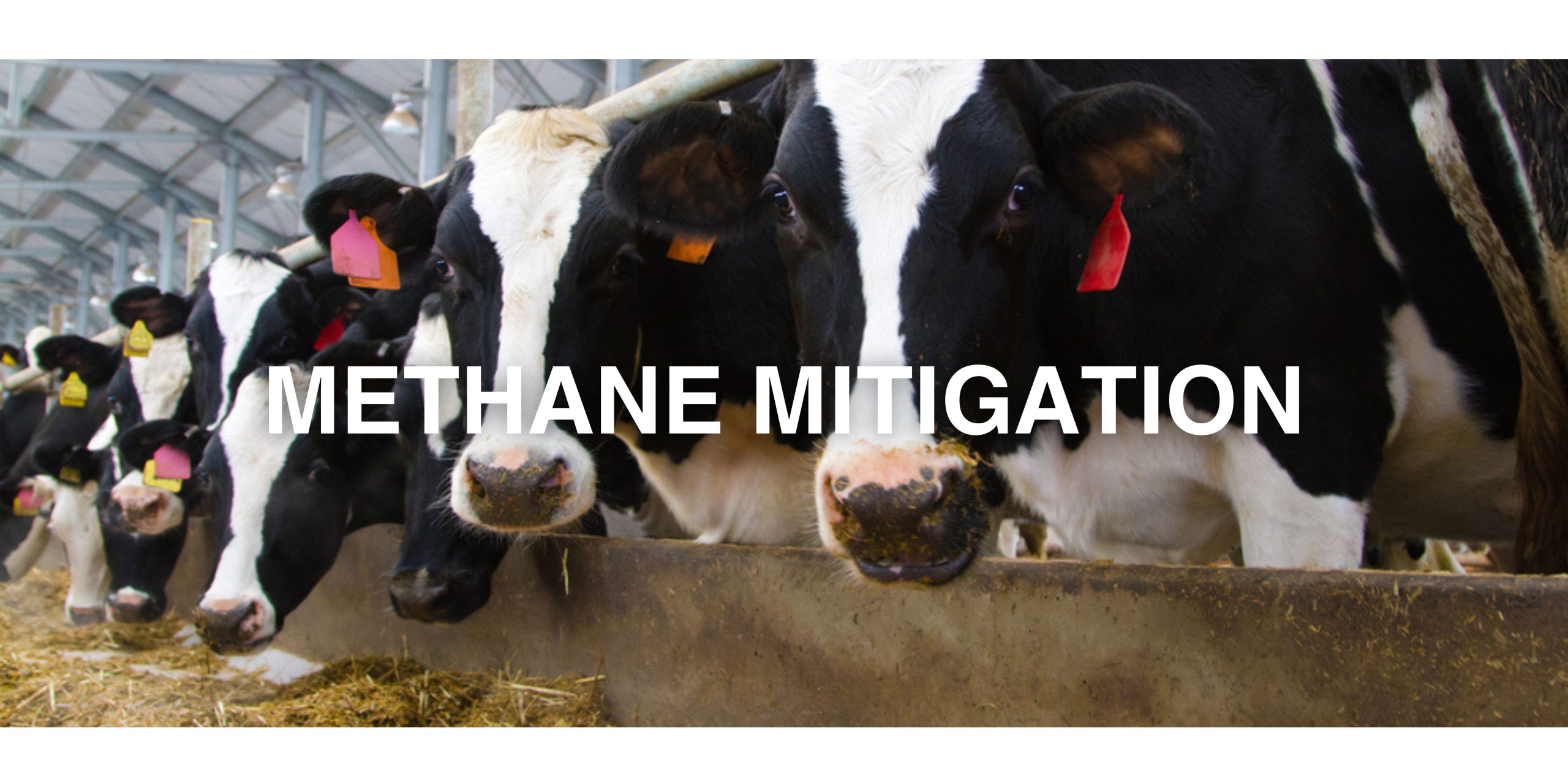
With nearly 9.38 million dairy cows in the USA alone and another 1.4 million in Canada we have an opportunity to make a climate impact to the reduction of the CH4 levels in a very substantial way.
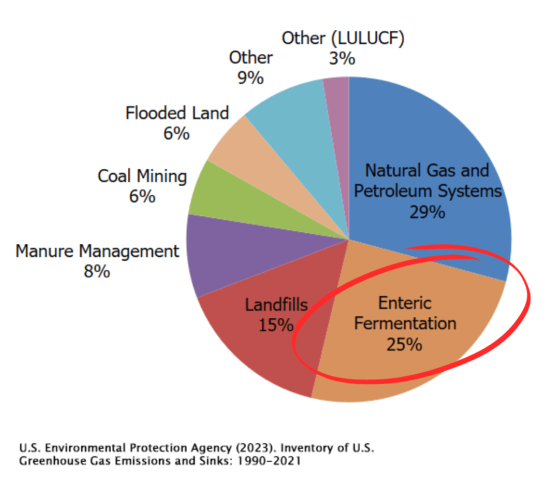
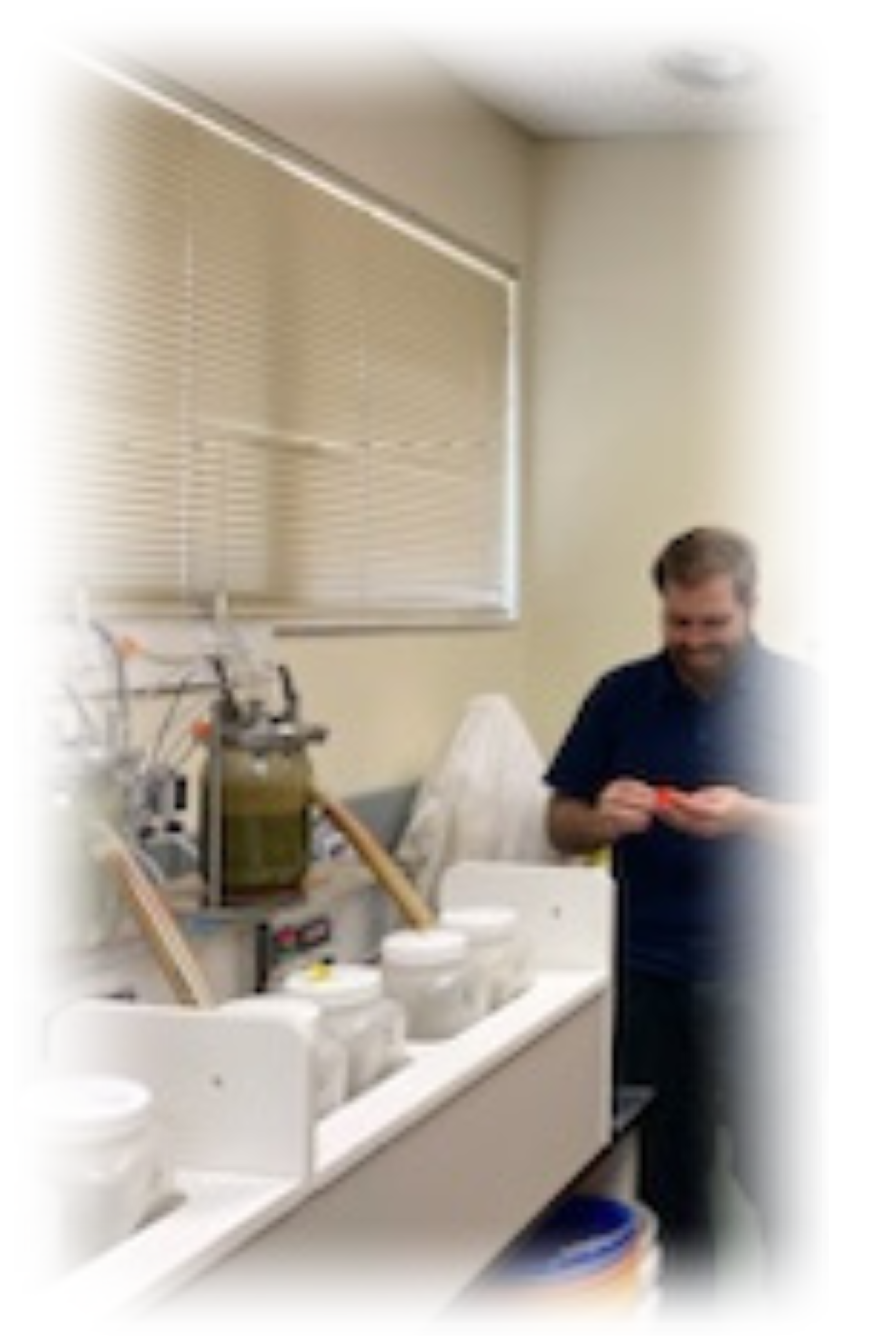
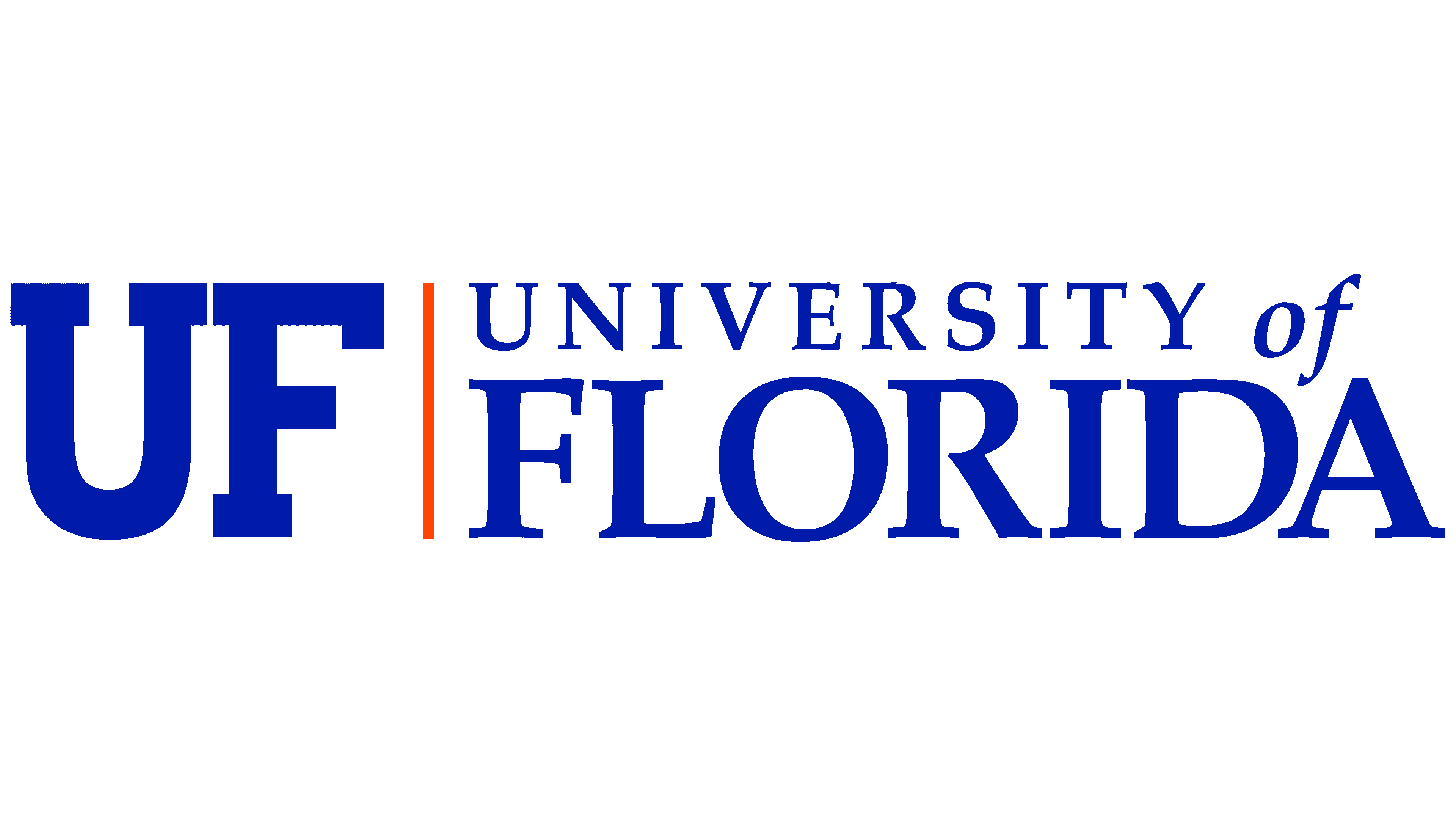
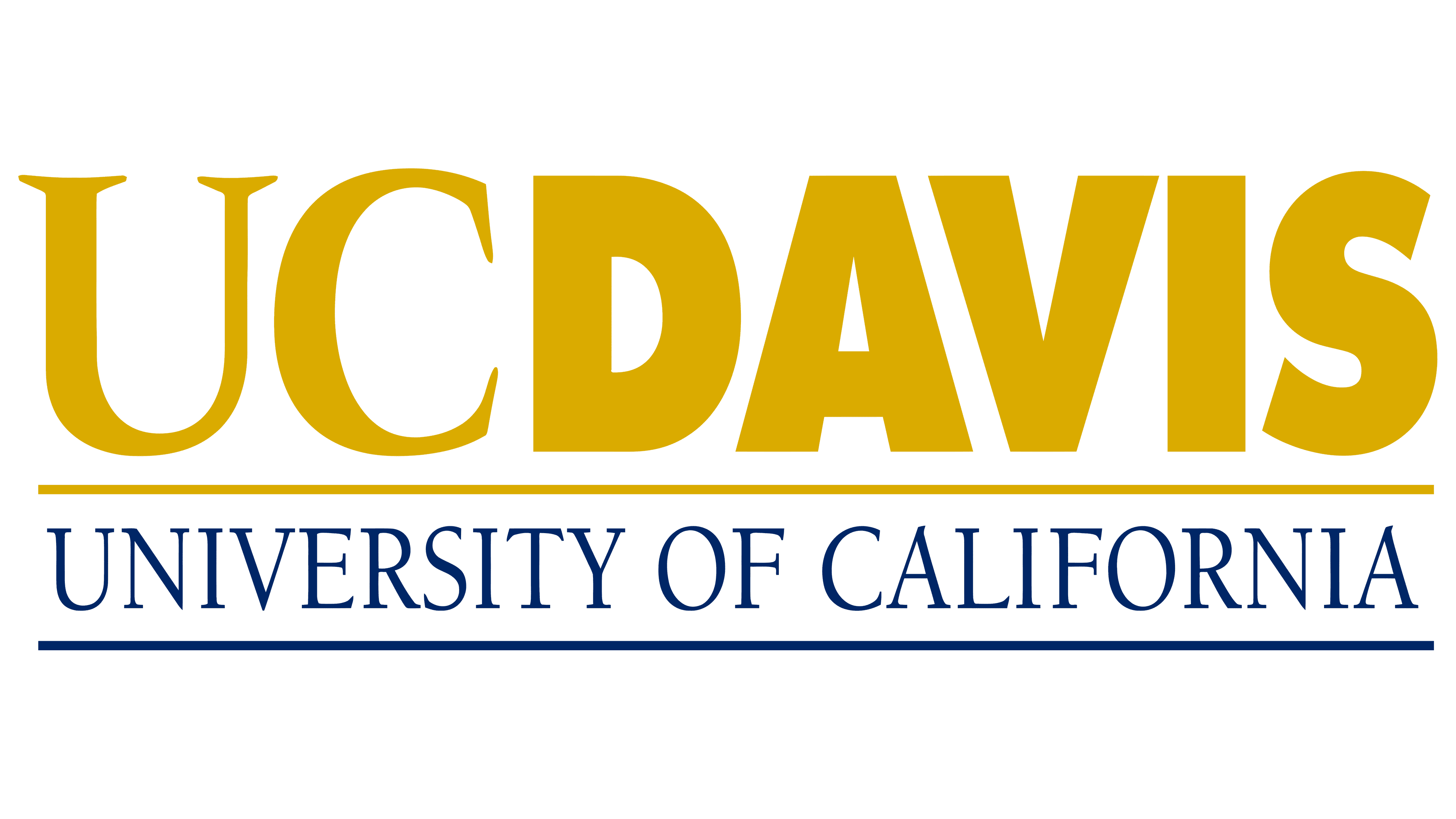
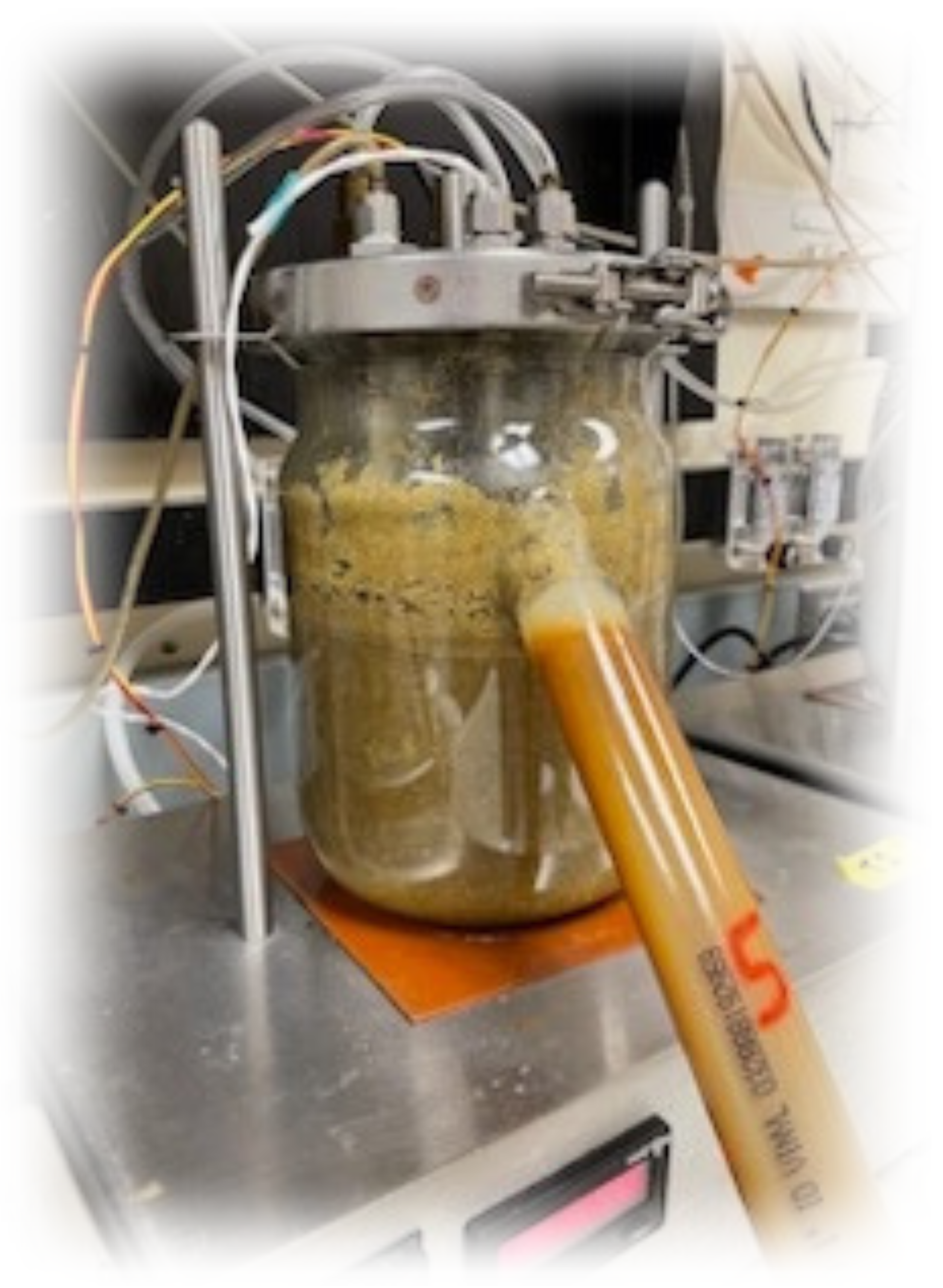
FUN FACT:
Recent research has a cause and effect that linPRO-R products are reducing enteric methane production.
The Research
Earlier in 2023 O&T Farms began research of our lin-PRO-R product analyzing the by-pass fat % in dairy cows. While putting together our proposal for this in-vitro trial with Dr. Antonio Faciola from University of Florida, it was suggested we consider measuring the effects methane gas production on the hypothesis that linPRO-R would indeed reduce the enteric methane production. Upon initial analysis results are encouraging and we’ve continued further research with an in-vivo trial with Dr. Ermias Kebreab from UC Davis, California.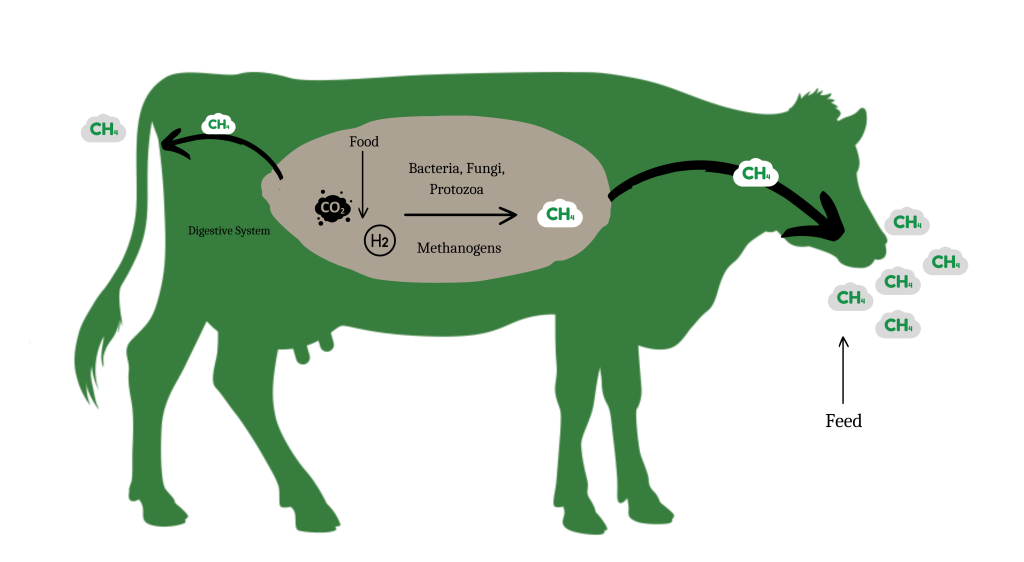
These third-party research studies include analysis into milk production, quality (including the fatty acid composition) rumen fat digestion and methane emissions at various feeding rates. The hypothesis is that linPRO-R will avoid significant bio hydronation of the PUFA by the microbes in the rumen and will make the fats available for digestion in the lower intestine. This will maintain milk fat composition while reducing methane production. We are expecting the results from these trials in December 2023 (U of Florida) and April 2024 (UC Davis CA).
The objectives of the studies:
University of Florida (In Vitro Study)
This study was conducted in a controlled in vitro analysis environment with the University of Florida.
-
- Rumenant Ungradable Protein percentage of Crude protein (RUP, CP%),
- By-pass fat %
- GHG (Methane & carbon dioxide) emissions
A caloric balanced diet was used for all samples/beakers which emulates what is expected from a typical large Midwestern USA dairy operation.
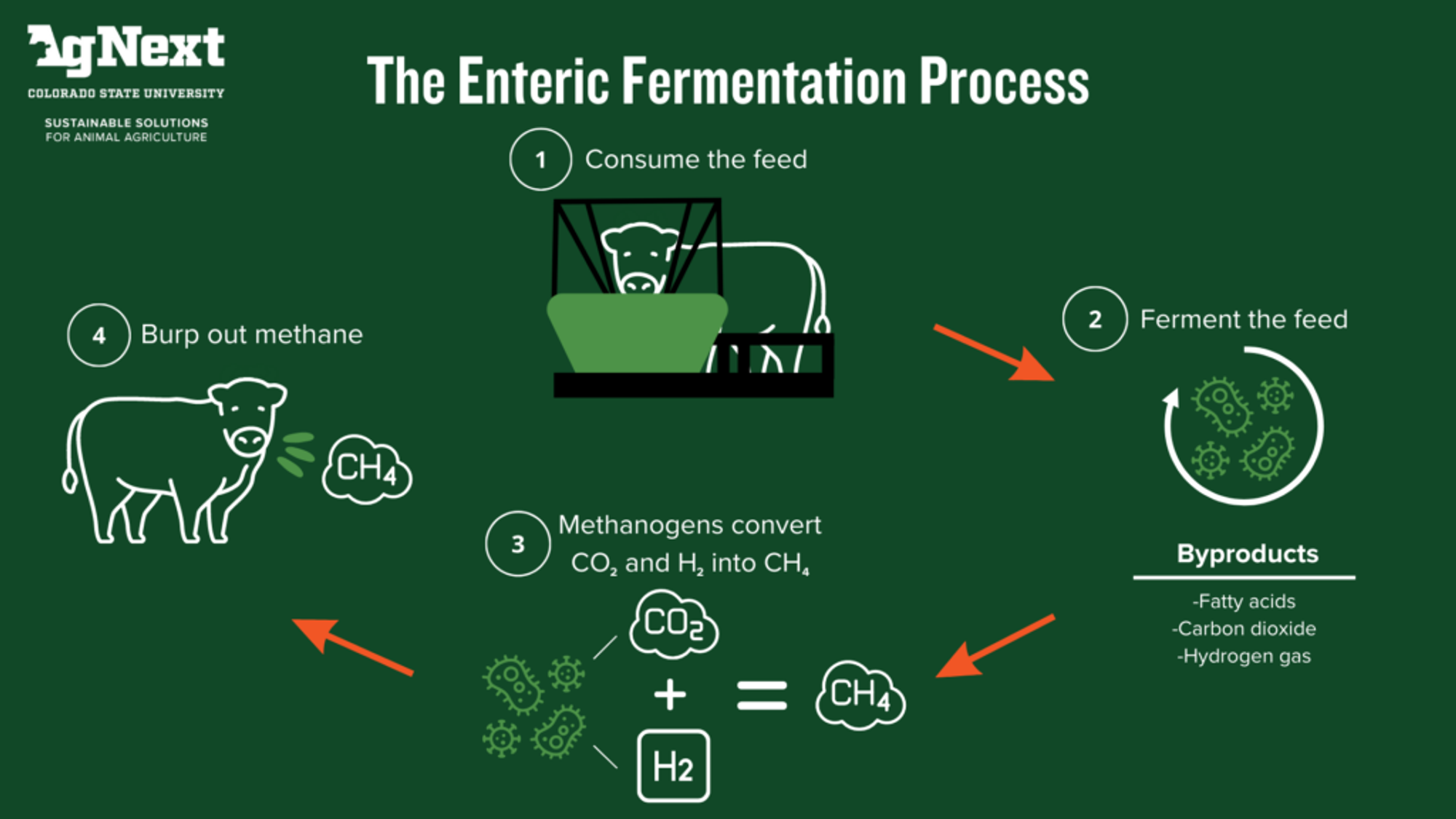
UC Davis California (In Vivo Study)
Our in-vivo study at UC Davis California investigates the potential of flaxseed based products to reduce methane missions and positive modulation of the gut microbiota with potential benefits for human health through the concentration of omega-3 fatty acid profiles in milk. This study is being funded by the California Dairy Research Foundation with a mandate to find alternative methods of reducing methane gas production within the dairy sector to helping meet the Air Resource Board of regulations. We feel this study will have a significant impact on the carbon footprint of the Dairy sector.
Check our Research Page for new updates and published findings from the research.
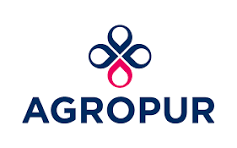
Agriculture Methane Reduction Challenge:
The California Air Resource Board states:
Over half the methane emission in California come from dairy and livestock manure and enteric fermentation (the latter mostly comes from burping).
To bring solutions to the climate concerns surrounding these particular areas they convened a Dairy and Livestock Greenhouse Gas Emissions Reduction Working Group. The result was a mandated focus on three specific areas with one focusing specifically on the reduction of enteric fermentation.





